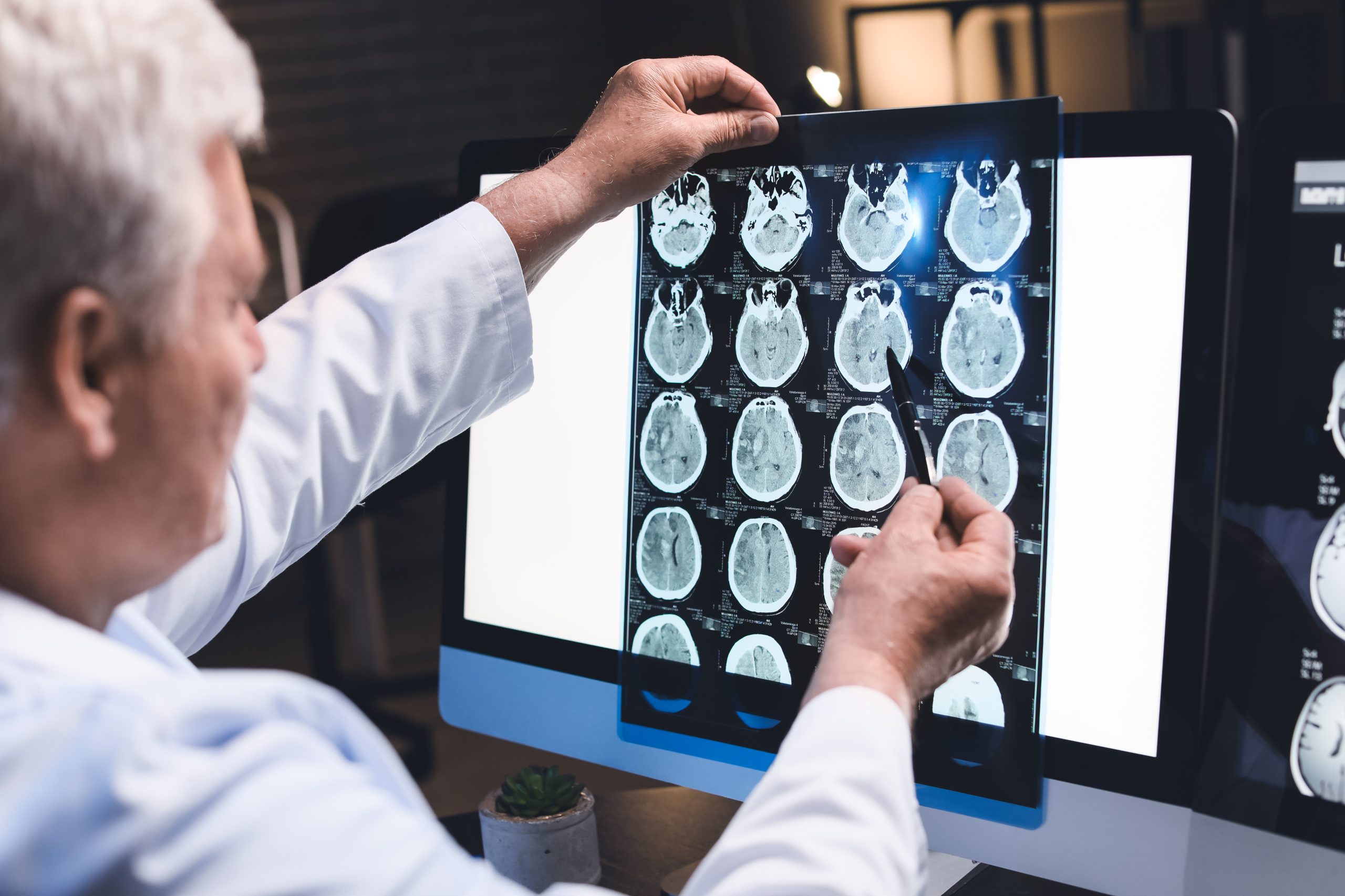
Concussions, a common form of brain injury, can significantly impact your mental health and emotional well-being. Understanding the complex relationship between these injuries and their psychological effects is essential for effective brain injury rehabilitation. Concussions can lead to cognitive impairments, mood swings, and anxiety, potentially resulting in long-term issues like depression and PTSD. Early diagnosis and intervention are crucial to address these challenges. By exploring the connection between concussions and mental health, you can better navigate the path to recovery, ensuring a comprehensive approach that promotes healing and long-term well-being.
When you experience a concussion, the immediate effects can be disorienting, but the longer-term impact on your mental health can be equally challenging. Cognitive impairments, such as difficulties with memory and concentration, are common and can disrupt your daily life. These cognitive changes often lead to mood swings and increased anxiety, as you may struggle to perform tasks that were once routine. Understanding these potential outcomes is the first step in addressing mental health after concussion.

The risk of developing long-term mental health issues, such as depression and PTSD, is a significant concern following a concussion. These conditions can arise from the stress of dealing with persistent symptoms and the fear of not fully recovering. Depression may manifest as a result of feeling isolated or unable to engage in activities you once enjoyed. Recognizing these signs early can help you seek the necessary support and treatment to prevent these issues from becoming entrenched.
Early diagnosis and intervention are crucial in mitigating the mental health challenges associated with concussions. By promptly addressing symptoms, you can reduce the risk of long-term psychological effects. Healthcare professionals can provide you with strategies and therapies tailored to your specific needs, helping you manage symptoms effectively. This proactive approach can significantly improve your overall recovery experience and mental health after a concussion.
It’s important to remember that you are not alone in this journey. Many people experience similar challenges, and there are resources available to support you. Engaging with support groups or mental health professionals can provide you with the guidance and encouragement needed to navigate this difficult time. By reaching out, you can build a network of support that fosters healing and resilience.
Ultimately, understanding the impact of concussions on mental health empowers you to take control of your recovery. By being informed and proactive, you can work towards a healthier mental state and a more balanced life. The journey may be challenging, but with the right support and strategies, you can overcome the obstacles and emerge stronger. Your mental health after a concussion is a vital component of your overall well-being, and addressing it with care and attention is essential for a successful recovery.

Navigating the emotional impact of concussions requires a thoughtful approach to recovery. Therapeutic methods, such as cognitive-behavioral therapy (CBT) and mindfulness practices, can be instrumental in supporting your emotional healing. CBT helps you identify and change negative thought patterns, while mindfulness encourages you to stay present and manage stress effectively. These therapies can be tailored to your specific needs, providing a structured path to emotional resilience.
Social support networks play a crucial role in your recovery journey. Engaging with family, friends, or support groups can create a nurturing environment that fosters healing. Sharing your experiences and challenges with others who understand can alleviate feelings of isolation and provide encouragement. This sense of community can significantly enhance your emotional well-being and aid in your recovery process
Gradual reintegration into daily activities is another vital component of emotional recovery. By slowly reintroducing tasks and routines, you can rebuild your confidence and sense of normalcy. This approach allows you to manage your energy levels and avoid overwhelming yourself, which is crucial for maintaining emotional stability. As you regain your routine, you will likely notice improvements in your mood and overall mental health.
Ultimately, a comprehensive strategy that combines therapeutic interventions, social support, and gradual reintegration can significantly enhance your emotional recovery after a concussion. By actively participating in your healing process, you empower yourself to overcome the challenges posed by the emotional impact of concussions. This proactive stance not only aids in recovery but also strengthens your resilience, equipping you to face future challenges with greater confidence.
Adopting a holistic approach to recovery can significantly enhance your psychological recovery from brain injury. Lifestyle changes, such as incorporating a balanced diet rich in omega-3 fatty acids, antioxidants, and vitamins, can support brain health and improve cognitive function. Regular physical exercise, tailored to your capabilities, not only boosts your mood but also promotes neuroplasticity, aiding in the brain’s healing process. By prioritizing these lifestyle adjustments, you can create a foundation for improved mental health and resilience.
Technology offers innovative tools to support your recovery journey. Apps designed to track your progress can provide valuable insights into your healing process, helping you identify patterns and areas for improvement. Additionally, mental health apps offer resources for stress management, mindfulness, and cognitive exercises, making it easier to integrate these practices into your daily routine. Leveraging technology can empower you to take an active role in your recovery, providing structure and motivation.
Personalized recovery plans are essential for addressing the unique challenges you may face after a concussion. Collaborating with healthcare professionals to develop a tailored plan ensures that your specific needs and circumstances are considered. This individualized approach allows for adjustments in therapy, lifestyle changes, and support systems, optimizing your recovery process. By focusing on your personal journey, you can achieve more effective and sustainable outcomes.
Social connections remain a vital component of holistic recovery. Engaging with a supportive community can provide emotional encouragement and practical advice, helping you navigate the complexities of recovery. Whether through in-person interactions or online support groups, maintaining these connections can alleviate feelings of isolation and foster a sense of belonging. By nurturing your social network, you can enhance your emotional well-being and reinforce your psychological recovery from brain injury.
Ultimately, a comprehensive approach that combines lifestyle changes, technology, personalized plans, and social support can significantly enhance your brain power and emotional resilience. By actively engaging in your recovery, you can create a balanced and fulfilling life post-concussion. This proactive stance not only aids in healing but also equips you with the tools to face future challenges with confidence and strength. Your journey towards recovery is unique, and embracing a holistic approach can lead to a more empowered and resilient you.
By embracing a comprehensive recovery strategy, you can significantly enhance your brain power and achieve a balanced mental and emotional state after a concussion. Prioritizing early intervention, leveraging therapeutic and social support, and adopting holistic lifestyle changes are key steps in this journey. Remember, your recovery is unique, and tailoring your approach to fit your individual needs will empower you to overcome challenges and foster resilience, ultimately leading to improved mental health and well-being.